Cosmetic Dentistry
Are Veneers Worth It? What to Expect Long-Term
Veneers have a reputation. They’re often seen as the “celebrity smile” fix, the go-to for anyone wanting a perfectly even, dazzling set of teeth. But while they may seem like magic on the outside, they’re still a dental procedure with real results, real responsibilities, and real long-term impact. If you’ve ever looked in the mirror and wondered whether veneers are worth the investment, both time and money, this is for you.
Let’s talk about what happens after the photoshoot. The day-to-day. The upkeep. The years down the line. Because veneers can be life-changing, but they’re not a one-size-fits-all answer. Here's what you really need to know before saying yes to a brand-new smile.
How long do veneers typically last with proper care?
One of the most common questions patients ask is, “Will I have to replace these in a few years?” The good news is that veneers are built to last. On average, porcelain veneers can hold up beautifully for 10 to 15 years, sometimes even longer if you treat them well. Composite veneers typically last around 5 to 7 years but can also exceed expectations with excellent care.
So what counts as “proper care”?
- Brushing and flossing like you would with natural teeth. Veneers don’t protect you from gum disease or cavities in the surrounding teeth.
- Avoiding biting hard objects like pens, fingernails, or ice. These habits can chip even the strongest veneers.
- Wearing a nightguard if you grind your teeth. Bruxism can wear down veneers just like natural enamel.
- Regular dental checkups to make sure everything’s intact and your bite remains even.
The key takeaway: veneers aren't fragile, but they’re also not invincible. Think of them as your designer clothes, not something you toss around, but when treated with respect, they stay in amazing shape for years.
Do veneers stain, chip, or wear down over time?
Let’s break this one down honestly. Veneers are made from high-quality materials, but they’re not completely immune to the same things that affect natural teeth.
Staining:
Porcelain veneers are highly resistant to stains. That means your morning coffee, evening glass of wine, or occasional curry dinner won’t leave a lasting mark like they might on natural enamel. However, if your veneers are made from composite resin, they’re more porous and may stain over time, though not as quickly as natural teeth. Good hygiene and limiting deeply pigmented foods and drinks help keep your smile bright.
Chipping and cracking:
Yes, it’s possible. But again, it’s rare when you’re careful. Biting into hard candies, using your teeth to open packaging, or an unexpected face-first fall (it happens) can result in damage. The good news is that minor chips can often be repaired without needing a full replacement. Still, prevention is better than repair. If you tend to clench your jaw or play contact sports, protective steps like nightguards and mouthguards are essential.
Wearing down:
Over many years, veneers, especially on people who grind their teeth or have bite misalignment, can slowly wear out. You might not notice at first, but eventually the edges may become thinner or lose their original polish. Most of the time, your dentist will catch these early at routine visits and can advise on next steps, whether that’s a polish, touch-up, or full replacement.
Bottom line: Veneers are durable, but they’re not invincible. They’re more like a luxury car than a tank, strong, beautiful, and reliable when properly maintained.
What are the long-term pros and cons of getting veneers?
Let’s start with the pros, because there are plenty:
- Instant transformation: The before-and-after difference with veneers can be dramatic. Crooked teeth, gaps, discoloration, chips, gone in a matter of visits.
- Long-lasting results: Unlike whitening treatments that fade over time, veneers offer a semi-permanent solution that stays consistent.
- Custom-made beauty: Each veneer is shaped, sized, and colored to match your natural features, resulting in a smile that looks like you, only brighter.
- Stain resistance: Especially with porcelain veneers, you can maintain a white smile with far less upkeep than with natural teeth.
But every great thing has its trade-offs. Let’s talk about the cons, not to scare you, but to prepare you.
- Irreversibility: Veneers usually require removing a thin layer of your enamel. This means once you get them, you’ll always need some sort of restoration going forward. It's not a trial run, it’s a commitment.
- Cost: Veneers can be expensive, especially when placed on multiple teeth. Insurance doesn’t typically cover cosmetic procedures, so it's often an out-of-pocket investment.
- Sensitivity: Some patients report increased sensitivity to hot and cold after getting veneers. This usually fades, but it’s worth noting.
- Replacement factor: Veneers don’t last forever. At some point, whether it's 10, 15, or 20 years down the line, they’ll need to be replaced.
So, are veneers worth it in the long term? The answer depends on your goals, lifestyle, and willingness to care for them. For many people, they’re absolutely worth it; the confidence boost alone makes a huge difference. But they’re not a shortcut or a one-and-done fix. They’re a commitment to your smile and a relationship with your dentist.
Thinking About Veneers? Let’s Talk.
If you’ve been considering veneers, the best next step is a real conversation. At Nu Dentistry Missouri, we’ll walk you through all the options, help you understand the process, and make sure veneers are the right fit for your long-term goals. No pressure. Just honest advice from a team that genuinely wants the best for your smile.
Book your consultation today and let’s create a smile you’ll love for years to come.

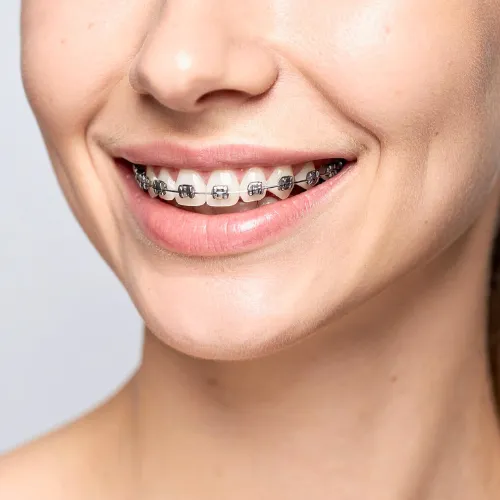



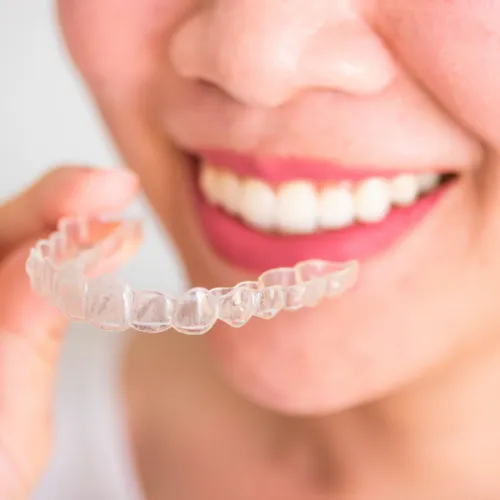
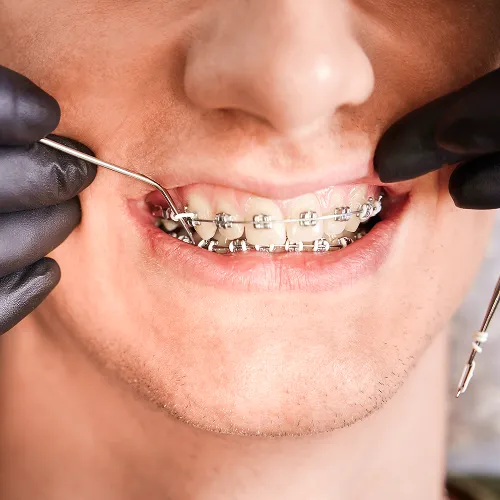
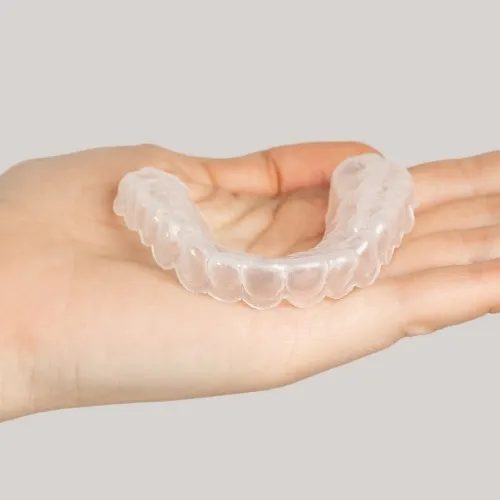
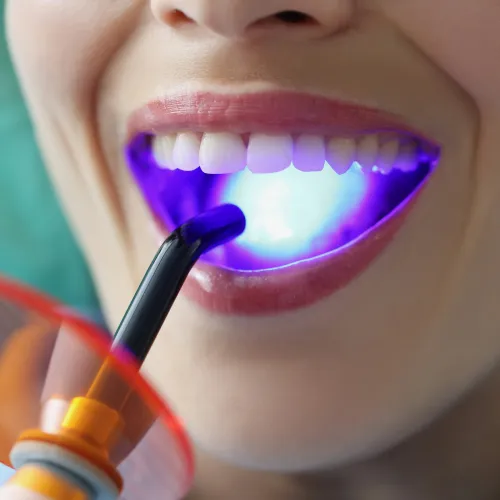





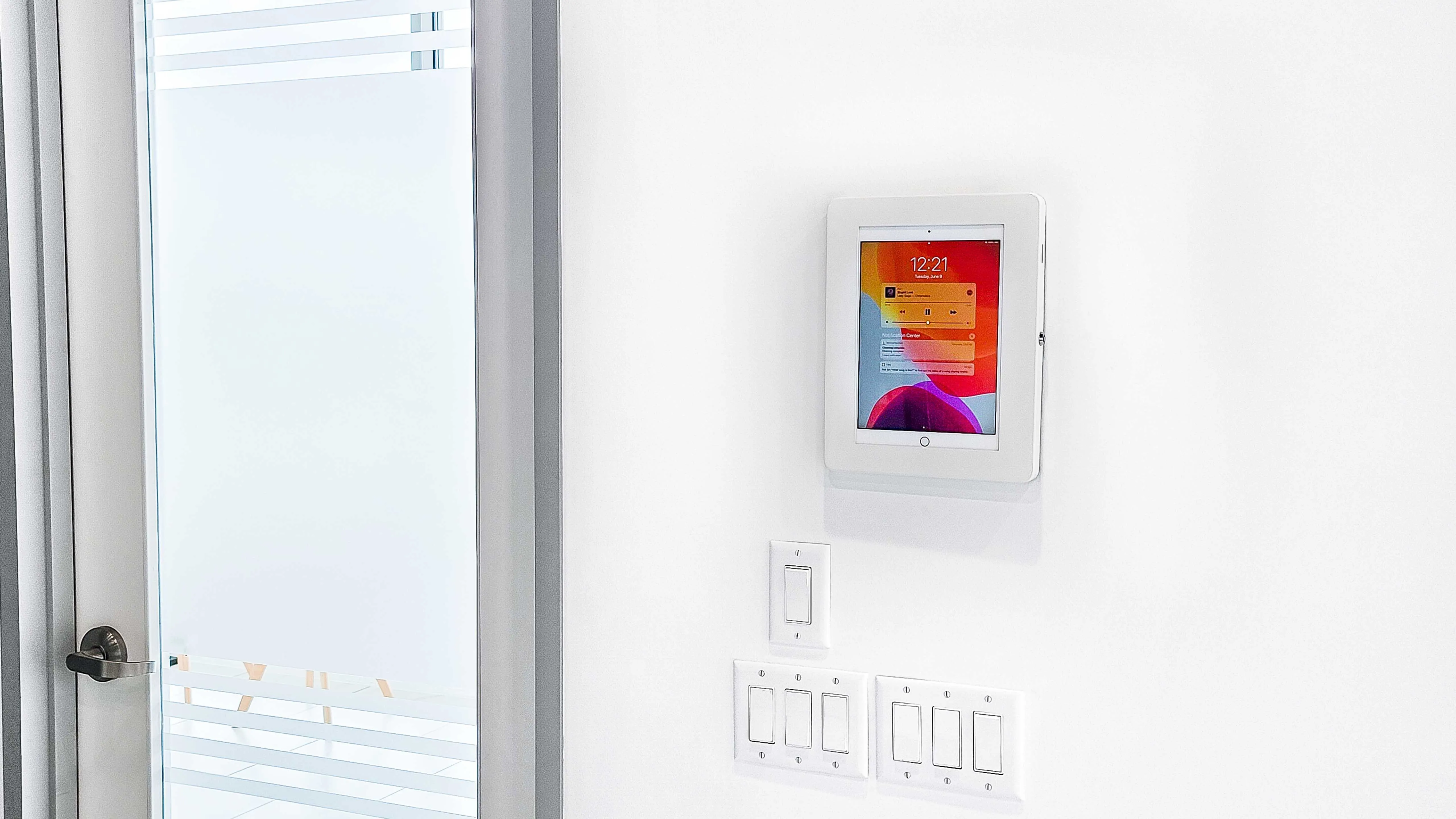







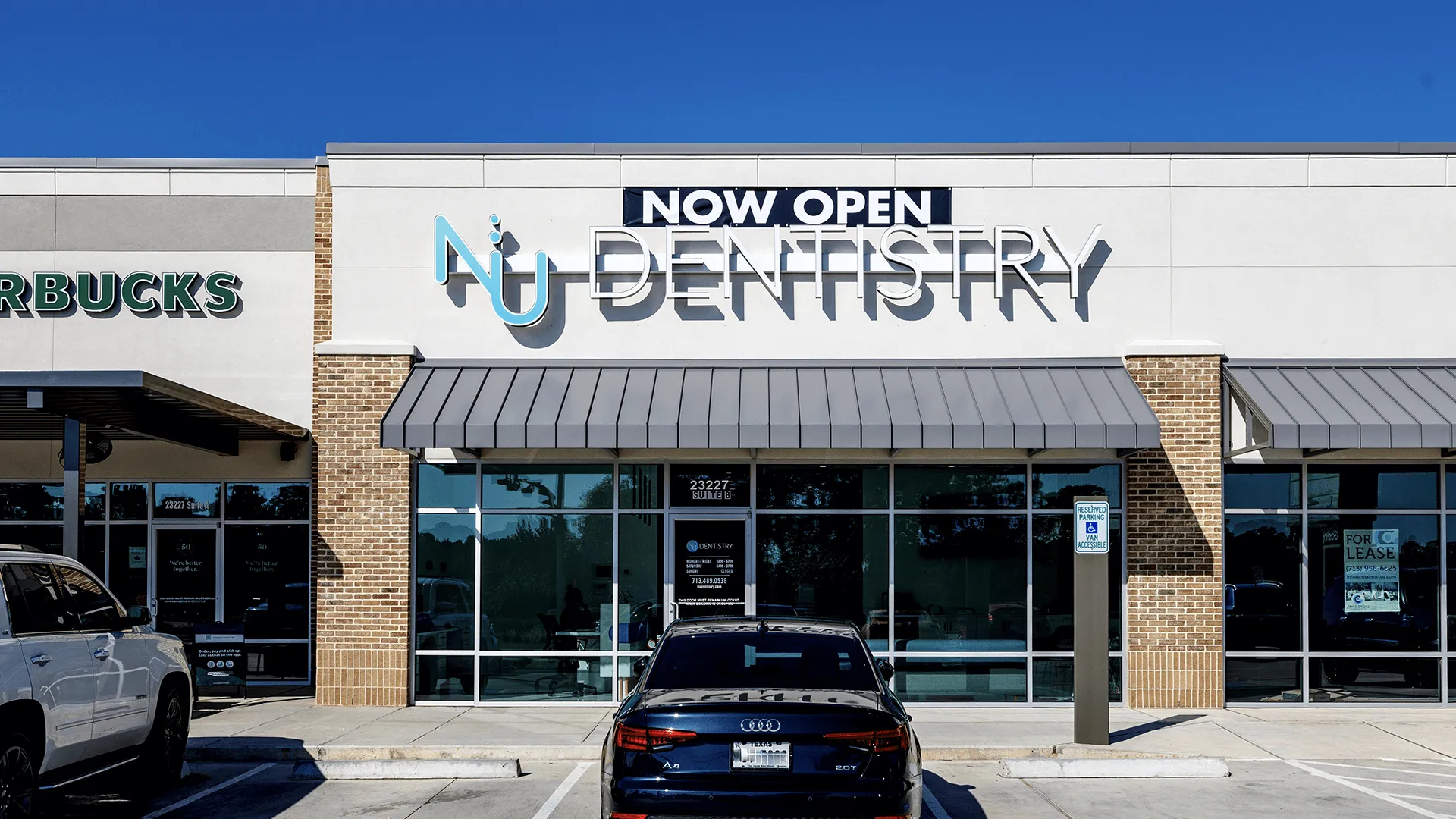
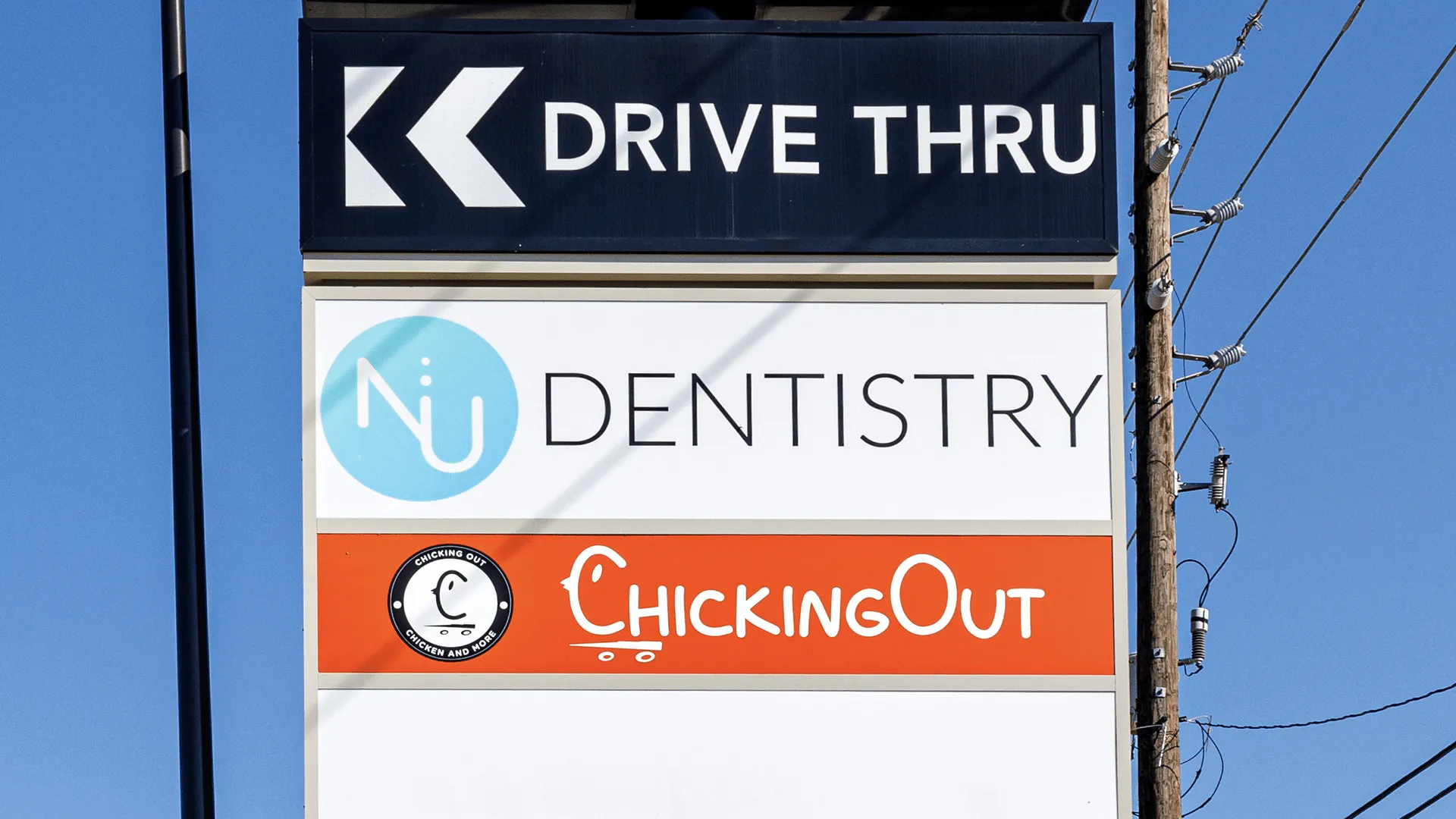








CARING DENTISTS Missouri City, TX
OUR SOCIALS
Check us out and follow our accounts on the following social media platforms....